.jpg)
Qatar Airways has taken a significant step in revitalizing air travel across the Middle East by fully resuming its operations to Iraq and Syria while restoring its complete flight schedule to Lebanon and Jordan. This extensive network reinstatement comes amid improving geopolitical stability and easing of airspace restrictions that had previously forced the airline to suspend or reduce services to these key destinations.
The move not only reflects Qatar Airways’ confidence in the region’s security environment but also underscores its commitment to enhancing connectivity, supporting economic recovery, and facilitating cultural exchange throughout the Levant and Mesopotamian corridors. With the summer travel season underway, the airline aims to meet rising passenger demand by offering increased frequencies, modern aircraft, and flexible schedules that cater to both business and leisure travelers.
This development is also aligned with Qatar’s broader strategy to strengthen its position as a global aviation hub through Hamad International Airport, which serves as a vital gateway linking Asia, Europe, and the Middle East.
Iraq:
The airline has relaunched service to five Iraqi cities:
-
Baghdad International Airport (BGW):
-
13 weekly flights from June 30, increasing to 16 from July 8.
-
Two daily flights:
-
QR442 departs Doha at 18:40, arrives Baghdad at 20:45; return QR443 departs Baghdad at 21:55, arrives Doha at 00:05.
-
QR444 departs Doha at 08:10 (except Saturdays), arrives Baghdad at 10:15; return QR445 departs Baghdad at 11:45, arrives Doha at 13:55.
-
-
Additional flights every Tuesday, Thursday, and Saturday (QR458/QR459) from July 8123.
-
-
Erbil International Airport (EBL):
-
Sulaymaniyah International Airport (ISU):
-
Al Najaf International Airport (NJF):
-
Basra International Airport (BSR):
Syria:
-
Damascus International Airport (DAM):
Lebanon:
-
Beirut-Rafic Hariri International Airport (BEY):
Jordan:
-
Queen Alia International Airport (AMM):
-
Service also increases to 21 weekly flights from July 1, with three daily departures
-
Qatar Airways has advised passengers to check the latest flight schedules and travel alerts on its website, as some departure times may have changed to ensure operational reliability and passenger safety. The airline’s resumption of these routes is expected to significantly enhance connectivity and support economic, cultural, and humanitarian links across the region. Flights to Iran remain suspended, with updates to be provided as the situation evolves




.jpg)






















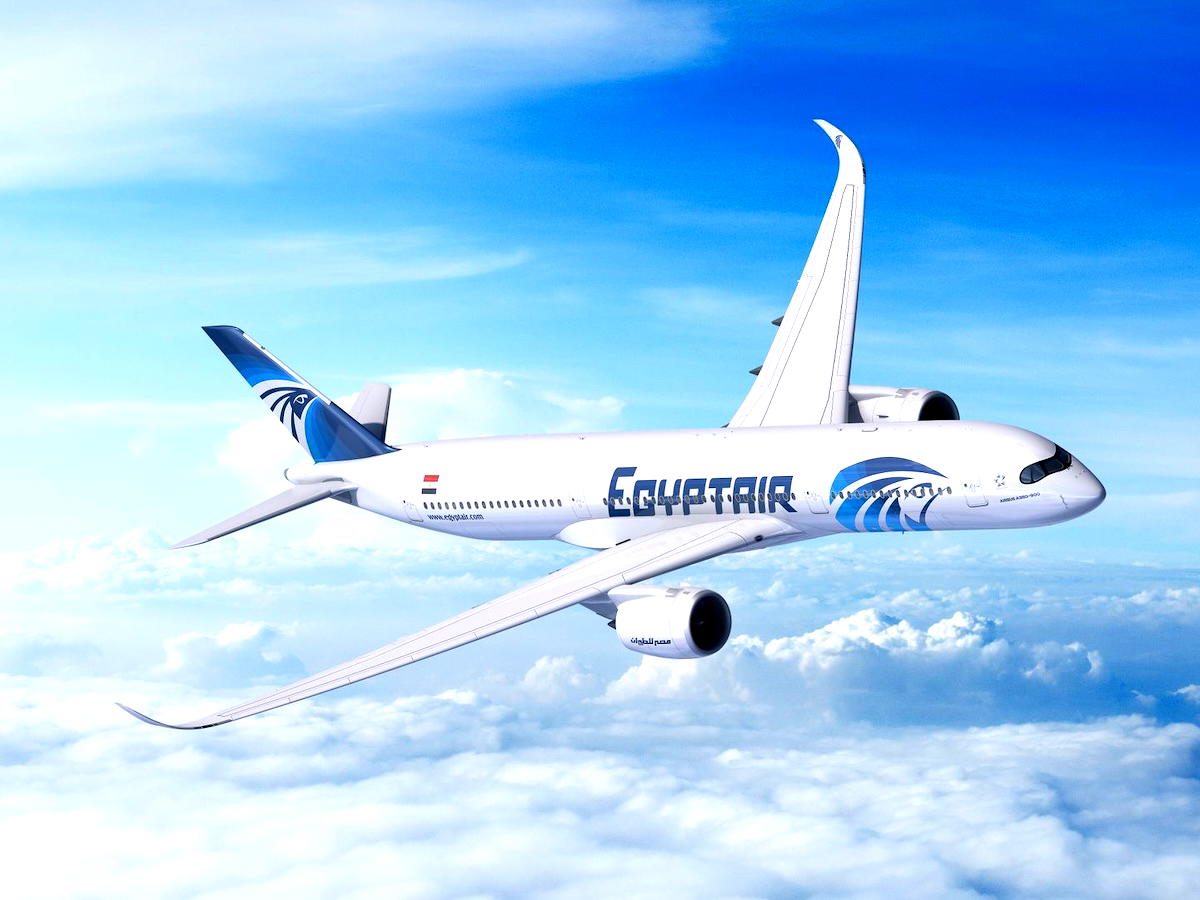
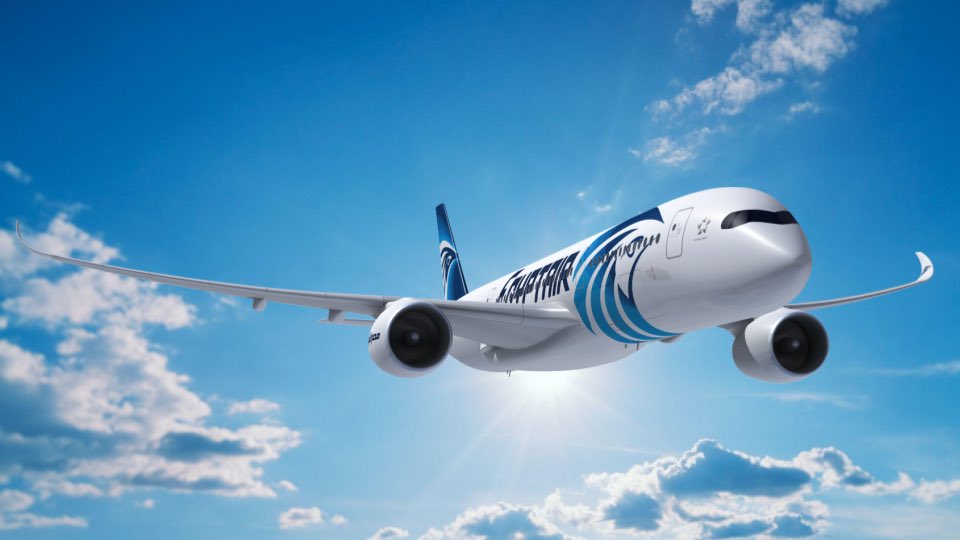
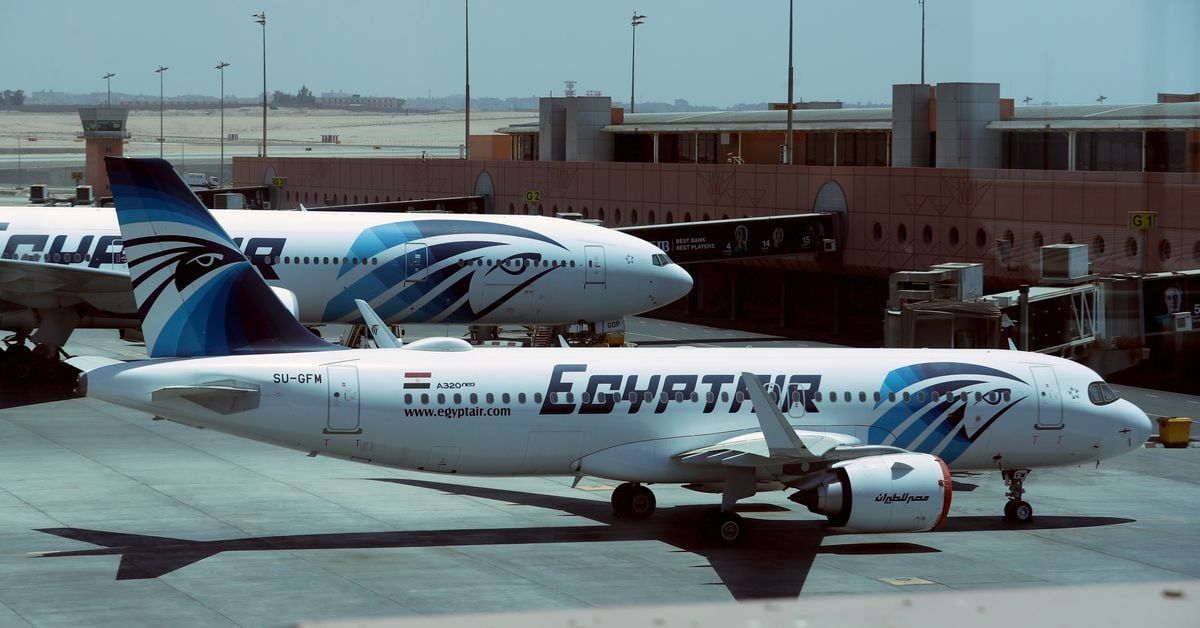
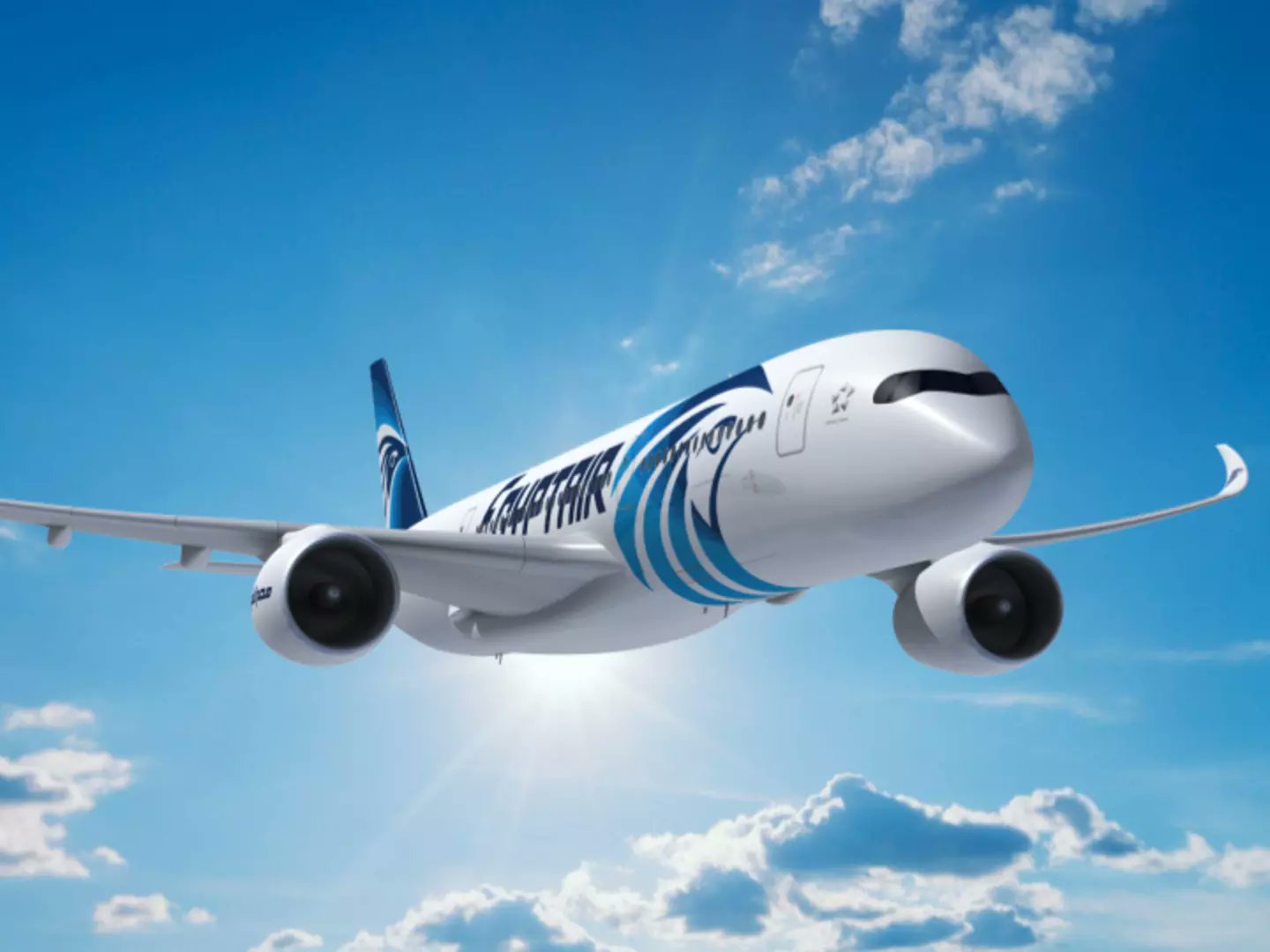
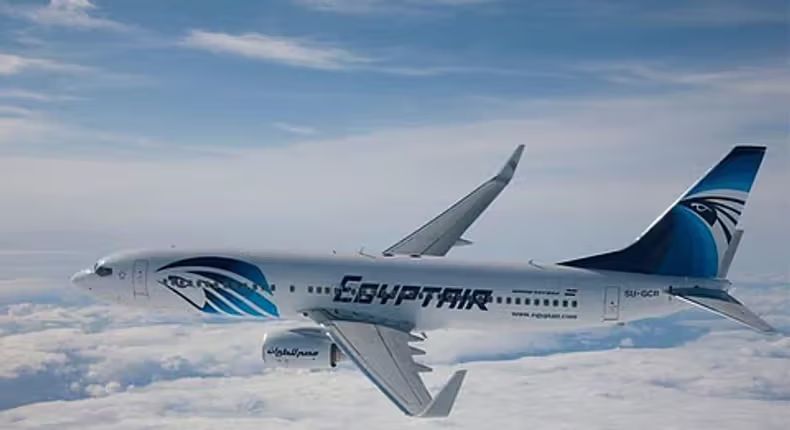




.jpg)



.jpg)
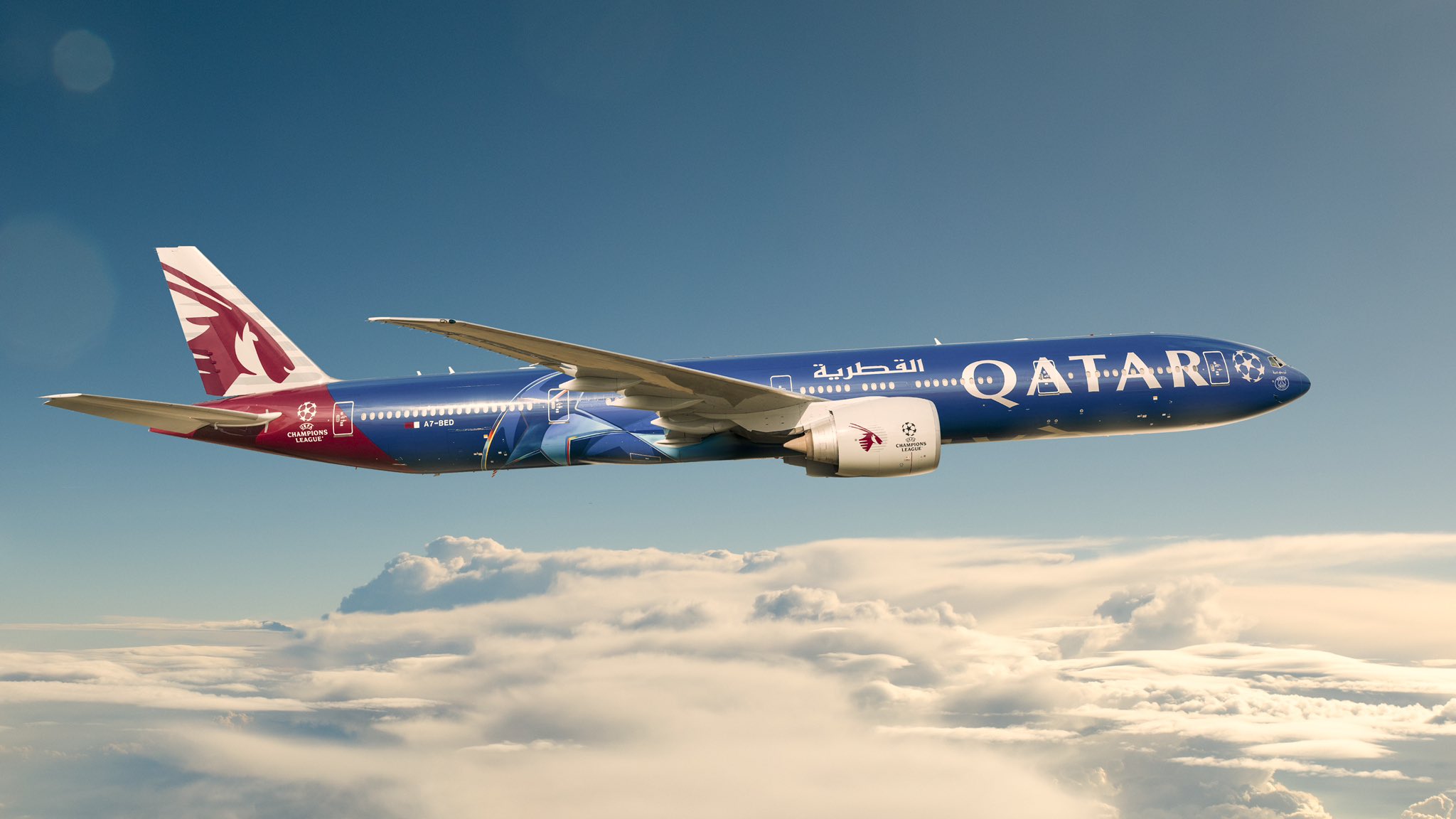
.jpg)
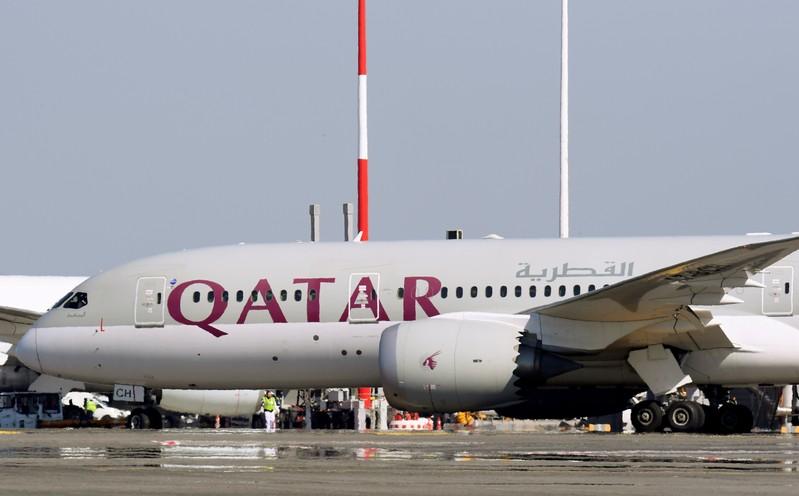
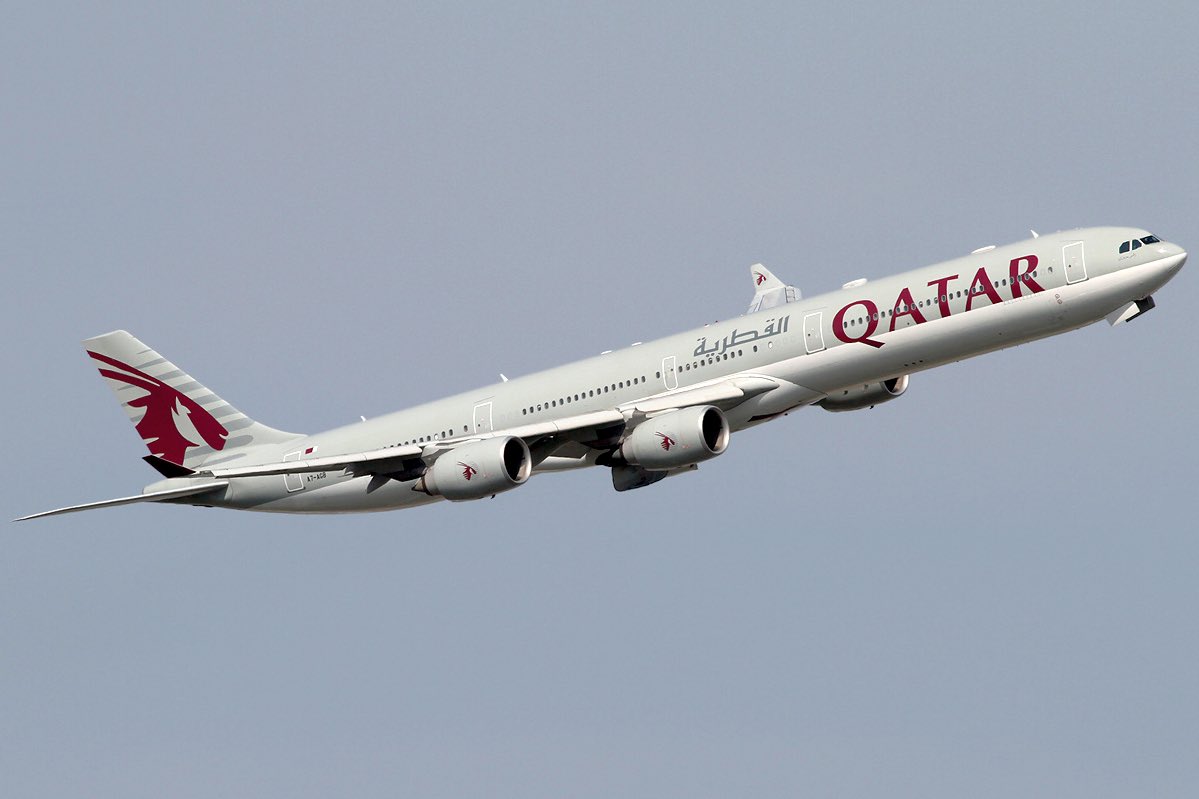
.jpg)
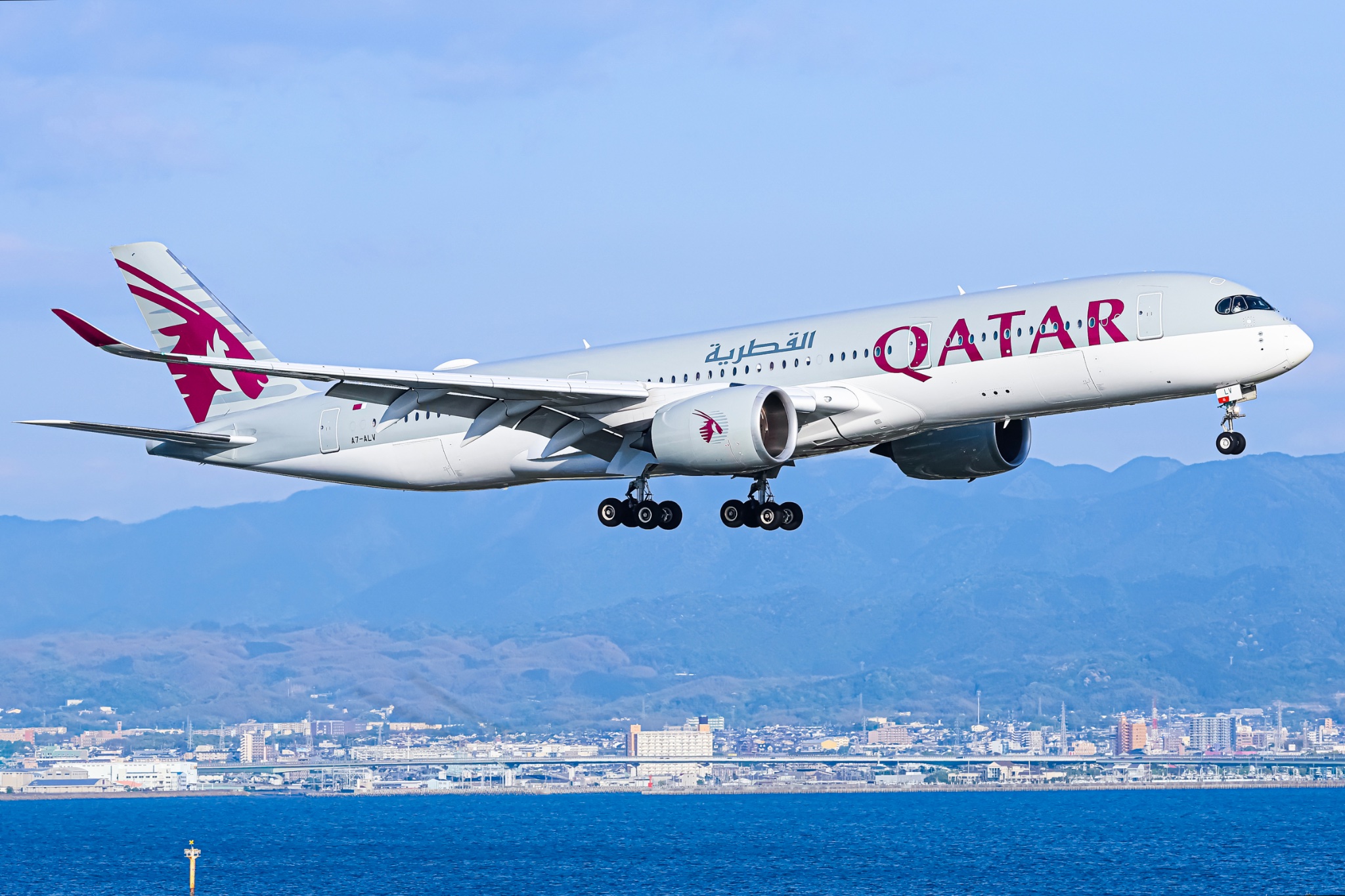




.jpg)


.jpg)







.jpg)
